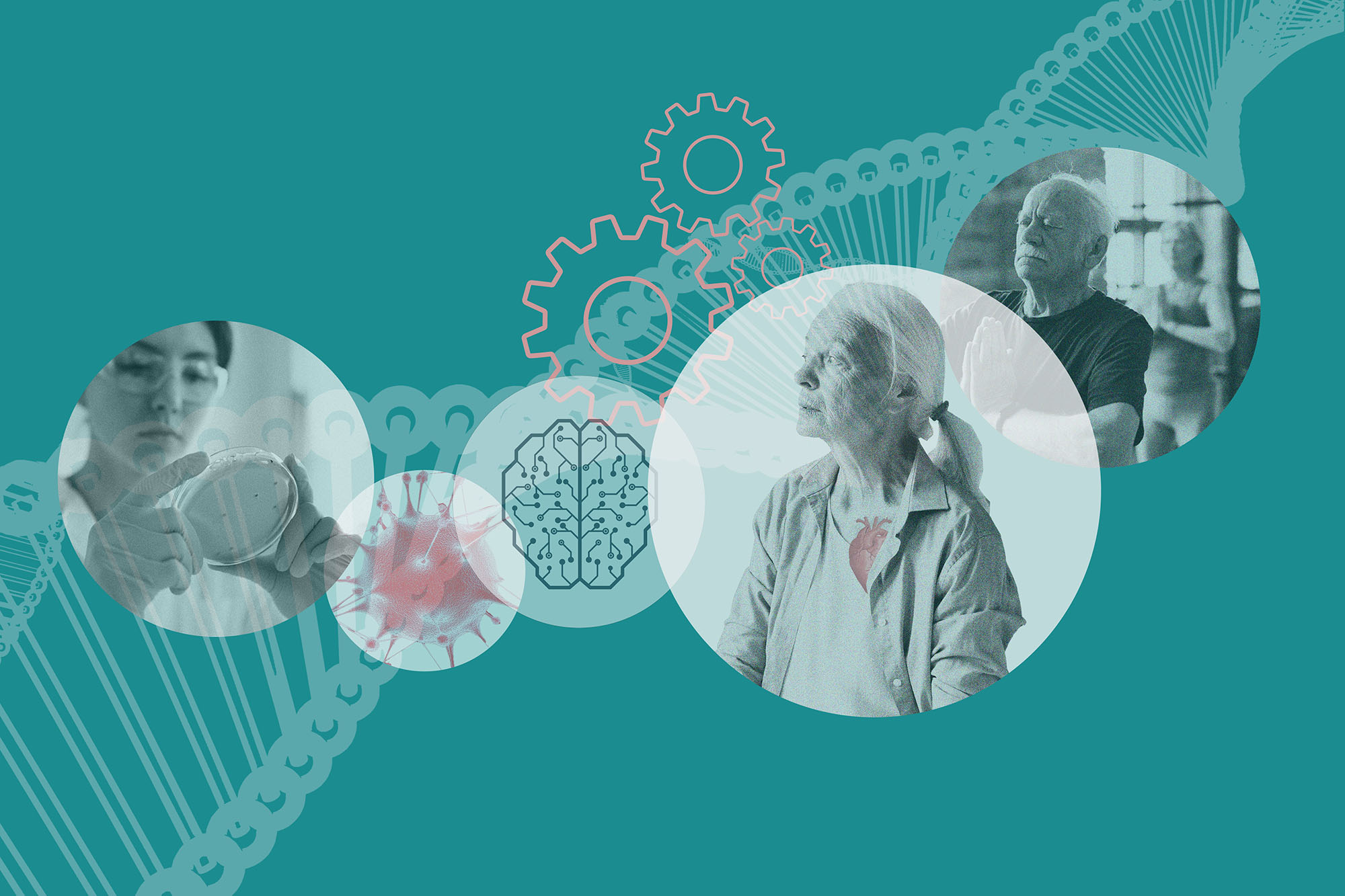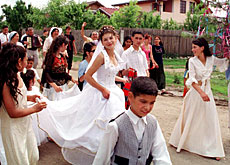Charity reveals tragedy of forced marriages

Thousands of women trapped in forced marriages in Switzerland are suffering severe mental and physical abuse, say the authors of the first Swiss study into the practice.
The charity Surgir (Rise), which carried out the survey, is now calling on the government to draw up a national strategy to aid victims.
Announcing the findings in Geneva on Wednesday, Jacqueline Thibault, the organisation’s president, described the scale of the problem as “enormous”.
She added that many victims were too afraid to escape forced marriages for fear of reprisals, including so-called “honour killings”.
“The study is going to be presented to the authorities and then they will have to decide what action to take,” Thibault told swissinfo. “Right now there is no strategy in Switzerland concerning forced marriages.”
To get an idea of how many victims there are in Switzerland, Surgir contacted a sample group of 50 organisations, including medical and migrant centres, schools, and shelters for women in cantons Vaud, Geneva, Fribourg, Bern, Zurich and Basel.
Researchers counted at least 400 cases, of which 140 were logged between January 2005 and June this year. Thibault said this was just “the tip of the iceberg”.
The charity estimates that if all 2,140 social institutions in Switzerland were surveyed, the figure would run into the thousands.
It says the absence of data makes it difficult to get an accurate picture of the phenomenon, adding that the situation is not helped by the fact that most victims are too afraid to talk.
Court case
Thibault said awareness was growing slowly and she drew some comfort from a recent court case in which a 26-year-old Pakistani man was jailed for 18 years after battering his wife to death with a hammer.
The 21-year-old woman, who had lived in Switzerland since the age of three and who held a Swiss passport, had asked for a divorce after only four months of their arranged marriage.
Thibault said the sentence sent out a strong message that this type of “honour crime” would not be tolerated.
According to the study, those forced into marriage tend to come from eastern Europe, the Middle East, Central Asia, North and sub-Saharan Africa.
A third of the victims were between 13 and 18 years old, while the remainder were aged 18-30. Most of them came from “modest” backgrounds, where education for girls was weak or non-existent.
Revenge
The charity said only six victims of forced marriage agreed to give statements; others backed out due to family pressure, fear of revenge or said they didn’t want to relive past traumatic events.
The study found that in extreme cases rape was used as a means of pressuring women into marriage. Almost all victims said they had been threatened with death.
Those who try to break free face a number of obstacles: language barrier, severing of family ties, lack of money and not knowing where to turn to. Surgir says there is only one centre specialising in forced marriages in Switzerland – the Mädchenhaus in Zurich. It has room for just seven women.
Thibault urged the government to launch a national awareness campaign and to fund victim support, including an emergency hotline.
She also wants police, justice and education personnel to receive specialist training and for the authorities to reinforce the message that forced marriages are illegal in Switzerland.
The Federal Justice Office said the cabinet was preparing a report to be presented to parliament on existing criminal and civil sanctions against forced or arranged marriages involving Swiss residents.
swissinfo, Adam Beaumont in Geneva
Surgir was founded in 2001 and is based in Lausanne.
Its aim is to fight all forms of physical, psychological, sexual or social violence against girls and women.
The charity offers financial support to a number of NGOs in Middle East countries such as Jordan, the Palestinian territories, Yemen and Lebanon.
According to the Surgir Foundation, forced marriages violate the United Nations Convention on the Elimination of All Forms of Discrimination against Women, the Universal Declaration of Human Rights and several articles of the Swiss civil code.
It defines victims of forced marriage as individuals who are married against their will through physical or psychological pressure, or those who run away in order to avoid the marriage.
It says so-called arranged marriages, if fully accepted by both parties, do not violate human rights.

In compliance with the JTI standards
More: SWI swissinfo.ch certified by the Journalism Trust Initiative










You can find an overview of ongoing debates with our journalists here . Please join us!
If you want to start a conversation about a topic raised in this article or want to report factual errors, email us at english@swissinfo.ch.